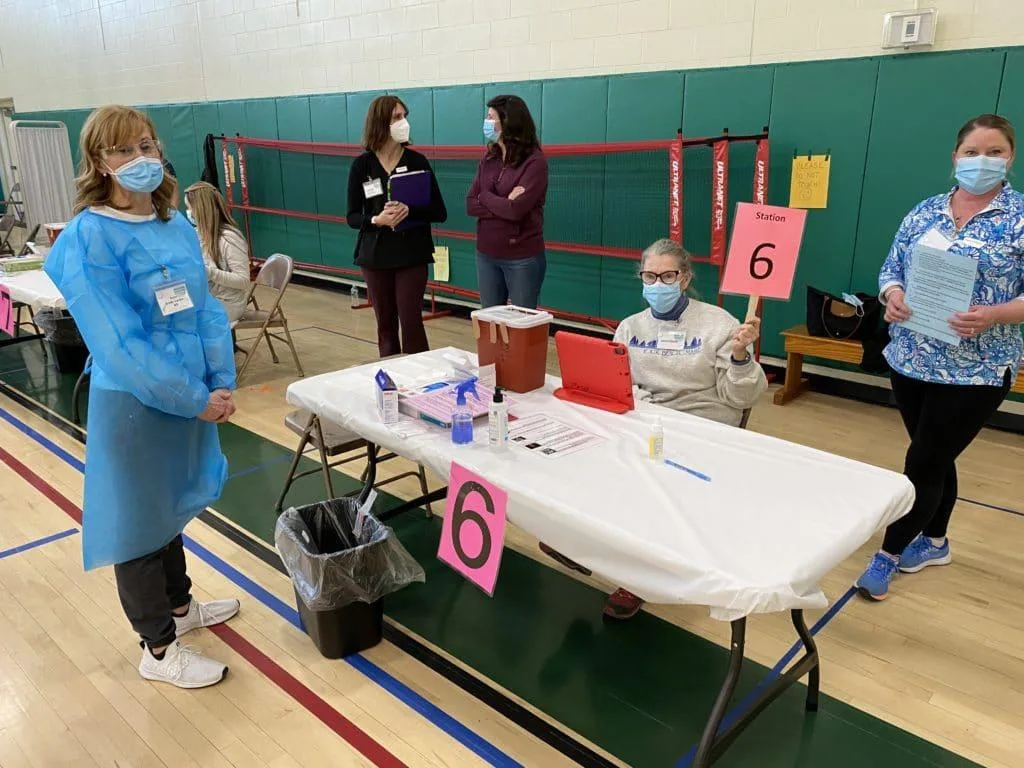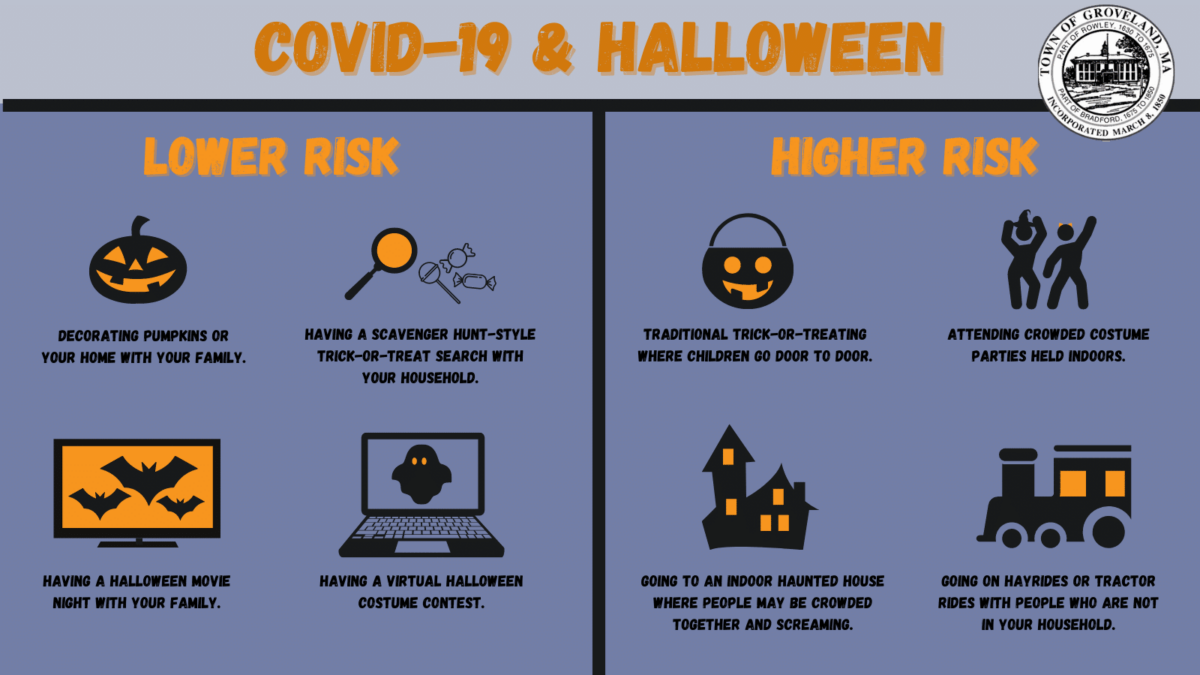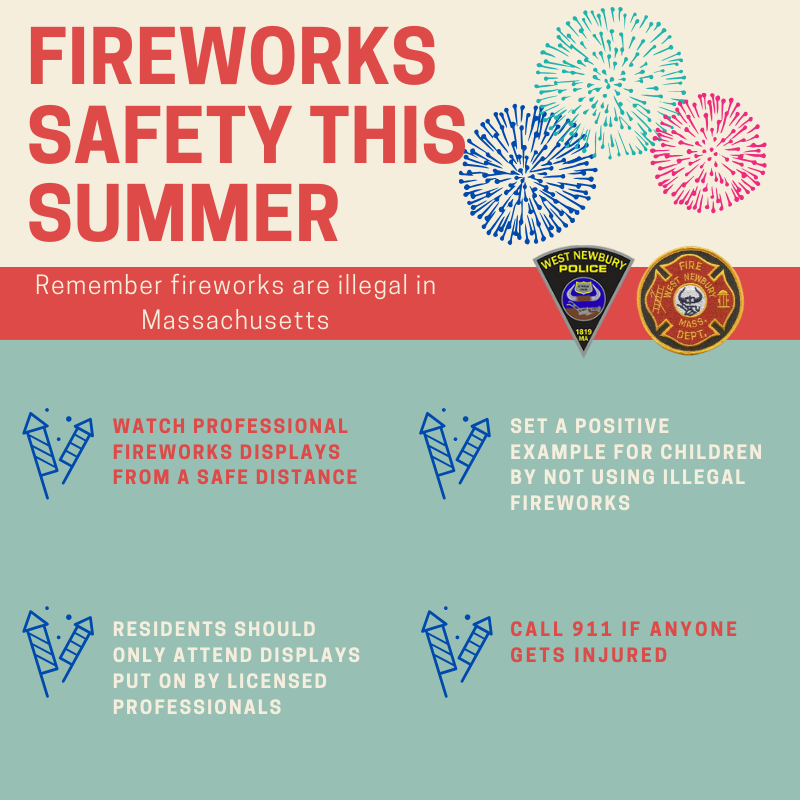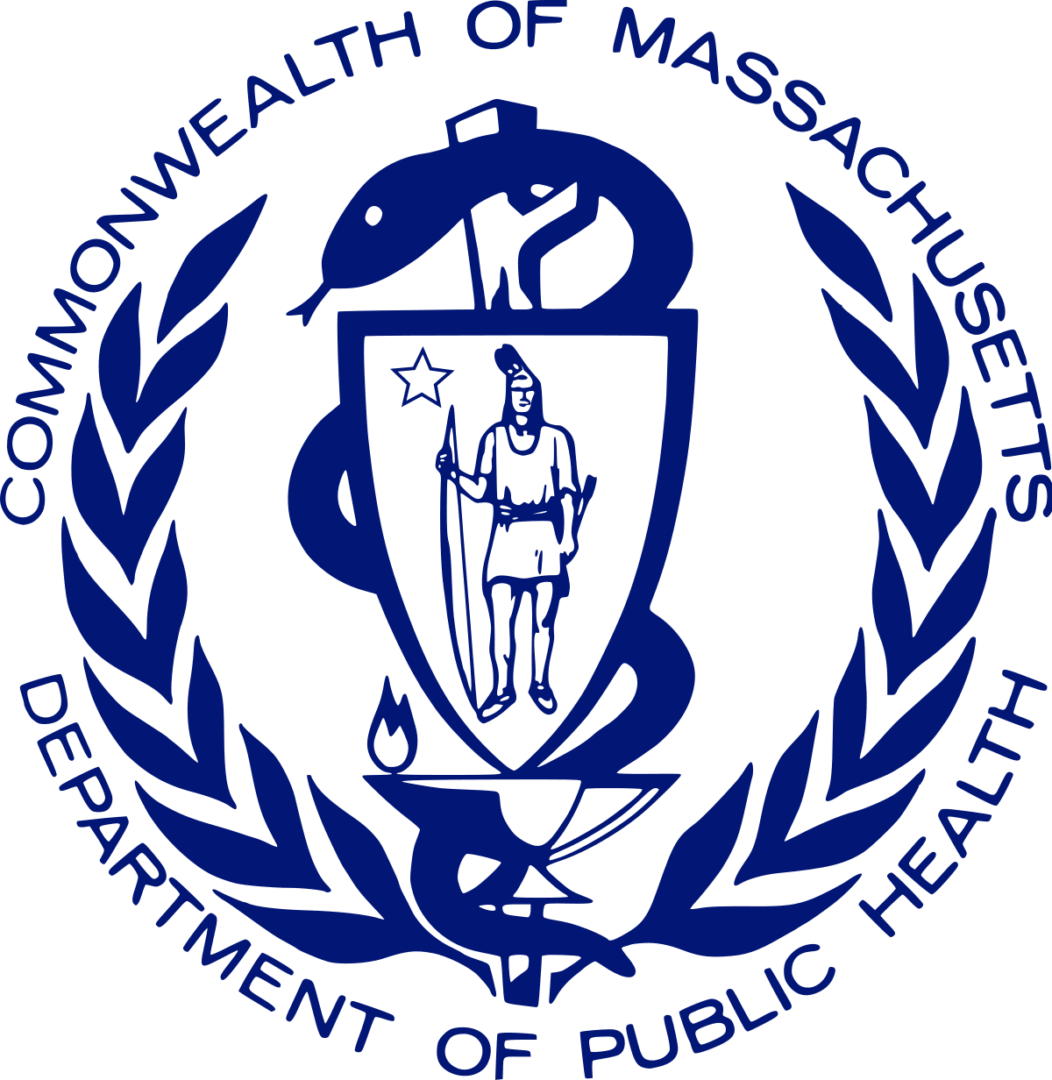Lower Merrimack Valley Vaccine Clinic Reports Successful Nine-Community COVID-19 Vaccination Clinic, Alerts Residents to New State Guidelines Effectively Shutting it Down

Ann Brady-Lozier (far left), school nurse at the Dr. Frederick N. Sweetsir School in Merrimac, waits with other volunteers at one of the eight vaccination stations set up at Saturday’s Lower Merrimack Valley Vaccine Clinic session in West Newbury. (Courtesy Photo)
WEST NEWBURY — Amesbury Fire Chief Ken Berkenbush, on behalf of nine Merrimack Valley communities and their fire departments and public health officials, reports that extremely successful COVID-19 vaccination clinics have been held at the Dr. John C. Page School in West Newbury over the past two weekends. Officials in the nine communities are calling attention to the efficiency and local impact of this clinic, which has served first responders and the regions’ oldest citizens, and which is now in jeopardy of ending with a sudden shift in vaccine distribution policy in Massachusetts at the state level.
“Phase two is a critical time for the vaccine distribution effort. It is where our oldest and sickest residents — our most vulnerable and least mobile — are being served,” Chief Berkenbush said. “I join my colleagues in Amesbury, Georgetown, Groveland, Merrimac, Newbury, Newburyport, Rowley, Salisbury and West Newbury in calling for the state to reconsider its decision to cut off the vaccine supply to successful regional clinics such as ours.”
In total, the Lower Merrimack Valley Vaccine Clinic has been allocated 1,600 does to inoculate 800 residents. With second dose clinics scheduled for Feb. 18 and March 6, the clinic projects to actually use approximately 1650 doses and vaccinate 825 people, thanks to careful handling of the vials. The clinic has resulted in zero wasted doses and a 103% usage rate of the allocated doses.
New state guidelines indicate that doses will only be made available to regional clinics that can operate five days per week, serving at least 750 doses per day.
“At the onset, we were told to prepare for 100 doses per community per week. We were prepared for more doses if they were available, but the new guidelines from the state represent a nearly fourfold increase in clinic capability,” Chief Berkenbush said. “The state is certainly aware that nearly all regional clinics will be unable to meet this threshold and are unable to guarantee both facilities and volunteers for 40 hours a week. This represents nothing short of a moving of the goalpost.”
Since the Cold War, municipalities have been asked to plan and prepare for emergency situations. Federal and state governments have for decades asked municipalities to be ready should emergencies arise, and as a result, local leaders are uniquely trained and qualified to handle a situation such as the distribution of vaccines. For example, annually municipalities will often hold flu vaccination clinics. Emergency preparedness is also drilled and practiced regularly, among all levels of government.
“There is no doubt there is a significant need for mass vaccine sites, especially for larger areas and areas that are more adversely impacted by the virus. However, these sites should operate simultaneously with regional clinics led by municipal Boards of Health and First Responders,” said Paul Sevigny, Director of Public Health for the Town of West Newbury. “During phase two especially, we should be asking our 80-year-old great-grandparents to travel the shortest distance to their vaccine site. Otherwise, we risk them never receiving a vaccine. Clinics like these are a literal lifeline.”
The Feb. 6 Lower Merrimack Valley Vaccine Clinic ran from 4-8 p.m. A steady stream of elderly residents and several remaining Phase 1 medical practitioners and first responders entered and and departed through different doors and filtered through the Page School’s gymnasium, where a volunteer corps of firefighters, paramedics, nurses and administrators were waiting.
The process was orderly, and residents were made to feel at ease, as they were greeted at the door by their local fire chiefs and other familiar faces. Residents, who made appointments ahead of time, were checked in before being sent toward one of eight vaccination stations. A pharmacist and pharmacy technician were on-site for the clinic to fill syringes on demand and ensure efficiency. Residents reported that their anxiety levels were significantly deceased by attending a local clinic with familiar faces greeting them at the door.
“This is an example of neighbors helping neighbors,” Chief Berkenbush said. “It would be a shame to see this effort wasted.”
Added West Newbury Fire Chief Michael Dwyer: “We have worked since last fall to execute and staff this clinic, but really we have been working for generations to be ready for this moment. We still stand ready, and the only barrier is the supply of vaccine.”
Added Merrimac Fire Chief Larry Fisher: “Our communities have rallied collectively in response to a need to deliver the vaccine. Our oldest population in many cases has challenges traveling to sites that are not local. We should continue to make all reasonable attempts to meet this population while encouraging others to use the larger mass vaccination sites.”
Residents who are eligible for a first dose vaccination can still visit mass.gov/covid-19-vaccine and residents can also search for a vaccination location near them by entering their zip code here.
However, seniors and those without internet access and others have struggled to make appointments through the state’s online system. The Councils on Aging in the nine communities, as always, stand ready to assist residents over the phone.
In addition to the fire chiefs, police chiefs, municipal managers, health agents, select boards, firefighters, police officers and EMS officials, the clinic organizers also wish to thank Erin Rich of West Newbury for serving as the volunteer coordinator for the entire clinic.
###




